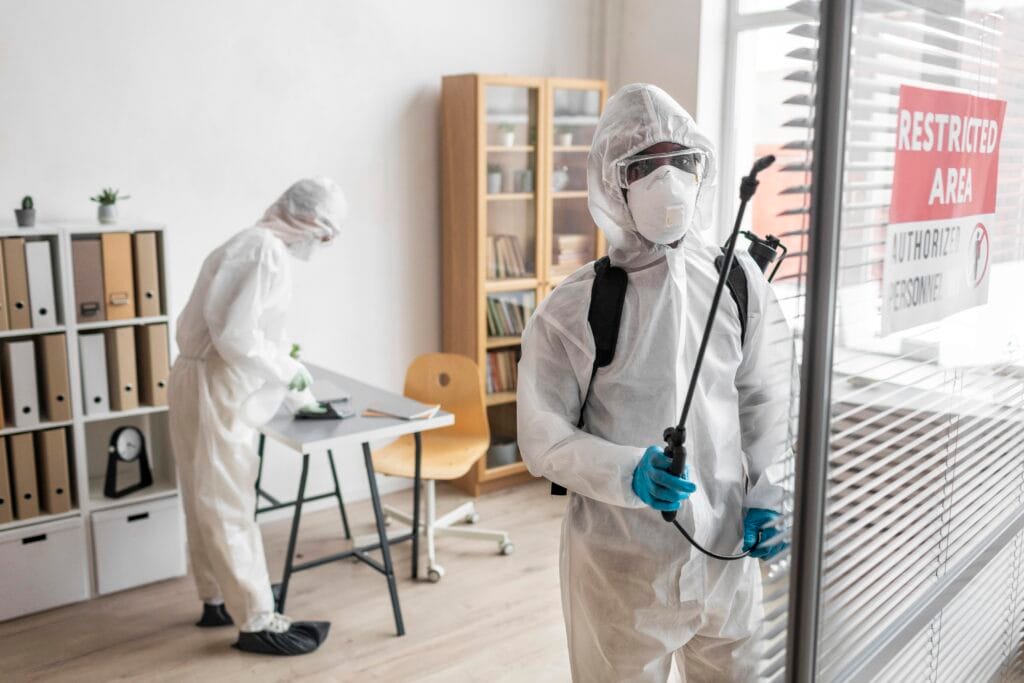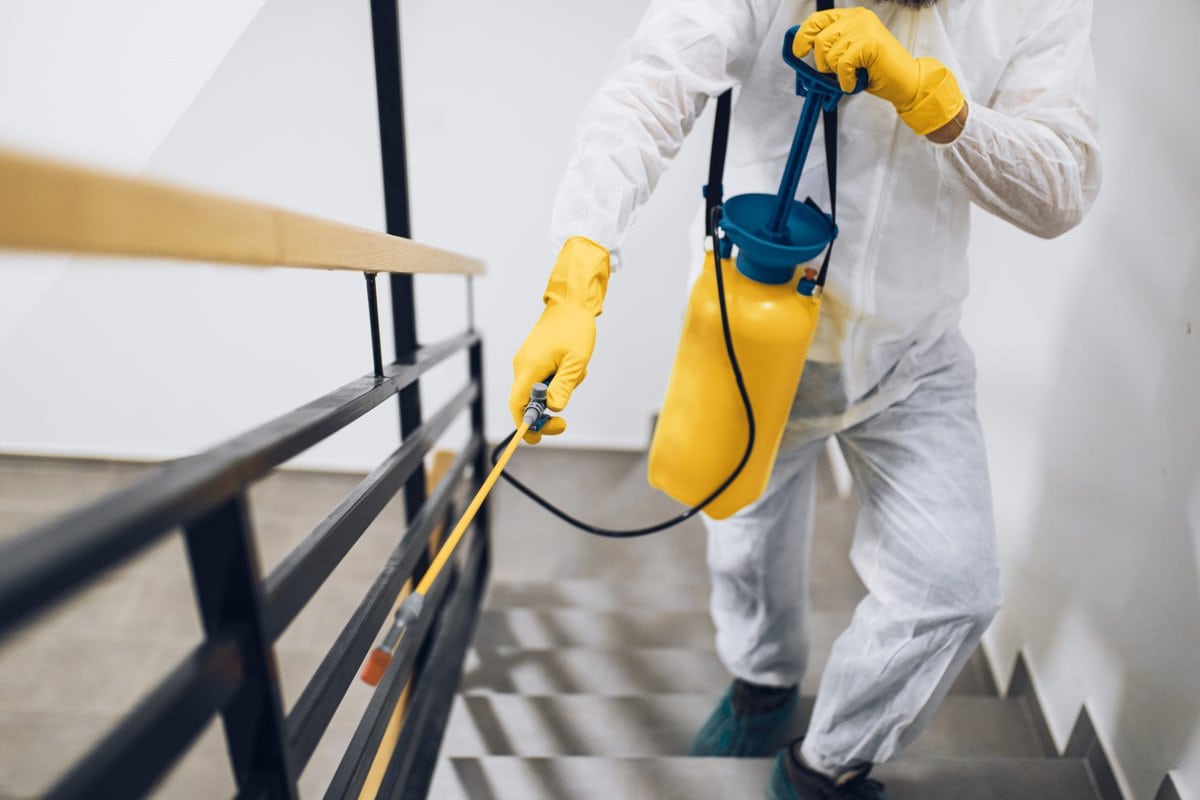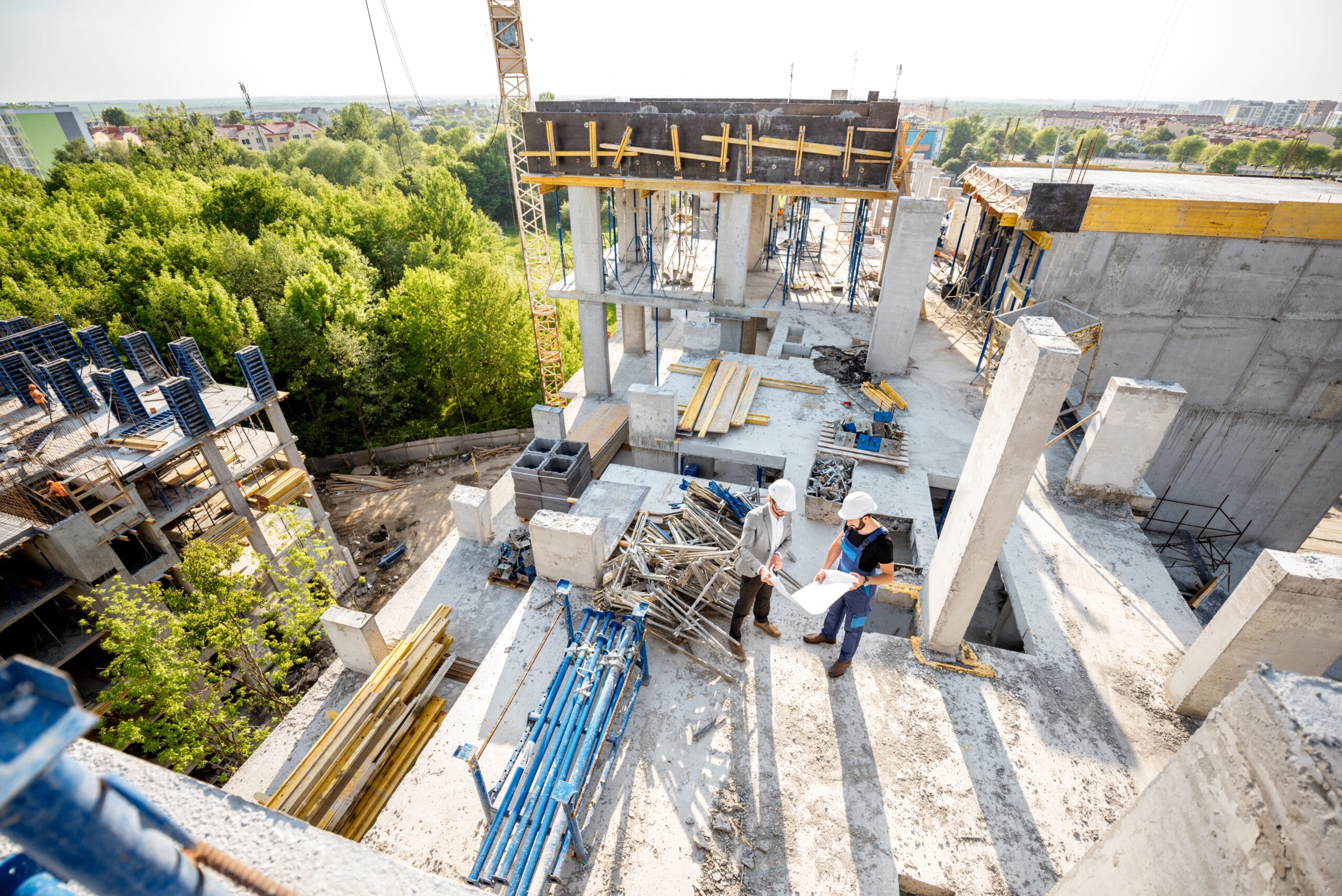Pest control is a vital service that helps maintain the health and safety of all environments, ensuring they are habitable and comfortable for inhabitants. For individuals with disabilities, the stakes of maintaining a pest-free environment are particularly high. The National Disability Insurance Scheme (NDIS) in Australia recognizes this need and includes support for pest control services. In doing so, the NDIS pest control provision upholds the rights of participants to live in safe and accessible environments, essential to their well-being and independence.
Inclusion in Pest Management
Pest management is no longer simply about eliminating pests; it’s about fostering inclusivity through accessibility. This means adapting services to meet the unique needs of individuals with disabilities. For service providers within the realm of pest management, this might entail offering flexible scheduling, using products that are safe for those with health sensitivities, and understanding the diverse range of living situations for those within the NDIS.
It is imperative that pest control experts communicate effectively with all members of the household, particularly with someone who may have specific requirements or concerns. Being inclusive in this context is about respecting these needs and ensuring the methods and treatments employed are appropriate.

Pest Management and Health Safety
NDIS recipients might be more susceptible to health risks posed by pests due to pre-existing conditions or reduced immune systems. Pest control, therefore, not only needs to address infestations but also needs to do so without posing additional health risks. This is where the expertise of the pest control service providers is paramount; they need to be able to select and apply pest control methods that are effective yet non-toxic for humans.
Integrated Pest Management (IPM) approaches are often favored because they use environmentally sensitive practices. IPM aims to reduce the use of chemical pesticides, relying instead on a combination of biological, mechanical, and cultural techniques to control pest populations.
Accessibility and Comfort
The physical accessibility of spaces during and after pest control treatments is another aspect that NDIS service providers must consider. For someone who relies on a wheelchair or mobility aids, for example, even small obstacles or residues left from pest control can prove to be significant hindrances. Thus, it is crucial that any treatments carried out do so with minimal disruption to the participant’s daily life and living space.
Comfort is another key consideration. The use of loud equipment or strong-smelling substances could be distressing or overwhelming for individuals with sensory sensitivities. Service providers need to acknowledge these factors and adapt their methods accordingly to ensure a therapeutic and comfortable living environment is maintained.
Partnerships for Inclusive Pest Management
Pest control services often need to work in partnership with other care providers and organizations to ensure they are delivering the most effective and sensitive support for individuals under the NDIS framework. By doing this, they are reinforcing the commitment to creating an inclusive environment where every individual’s needs are recognized and met.
Collaboration between pest control experts, occupational therapists, and NDIS participants might involve thorough assessments of the living environments, tailor-made pest management plans, and consistent follow-ups to adapt the strategy as required.
Training and Awareness
It is essential for pest control professionals to have ongoing training and awareness in regard to the requirements and challenges faced by individuals with disabilities. Not only should they possess technical knowledge and skills in pest management, but they should also have an understanding of the NDIS and how to communicate effectively with those who have varying levels of ability.
Training programs often focus on how to navigate the complexities that may arise when providing services to NDIS participants, such as understanding the correct use of personal protective equipment (PPE), ensuring privacy and dignity, and recognizing the importance of individual control over the living environment.
Consequences of Inadequate Pest Control
Inadequate pest control can lead to several detrimental outcomes. It can escalate health problems for NDIS participants, contribute to structural damage that may compromise accessibility, and even trigger psychological stress. These are unacceptable risks that reinforce why NDIS pest control services must be reliable, thorough, and attuned to the special needs of their clientele.
An inclusive approach towards pest management is not only about complying with standards but also about validating the entitled services of individuals with disabilities, thus enabling them to live dignified, autonomous lives.
Lastly, it’s important to note that for the NDIS, pest control isn’t a one-off tick on a checklist. It is a continual process, one that must be adaptable and responsive to the evolving needs and preferences of participants. This consideration is intrinsic to the ethos of the NDIS, fostering both immediate safety and long-term well-being through appropriate and effective pest control measures.
In conclusion, the provision of NDIS pest control acknowledges the fundamental right to a safe, comfortable, and accessible living space. It is a comprehensive approach that addresses not only the physical eradication of pests but also the holistic well-being of NDIS participants. By upholding these standards, service providers are playing a crucial role in ensuring inclusive living environments for all Australians, regardless of ability.














